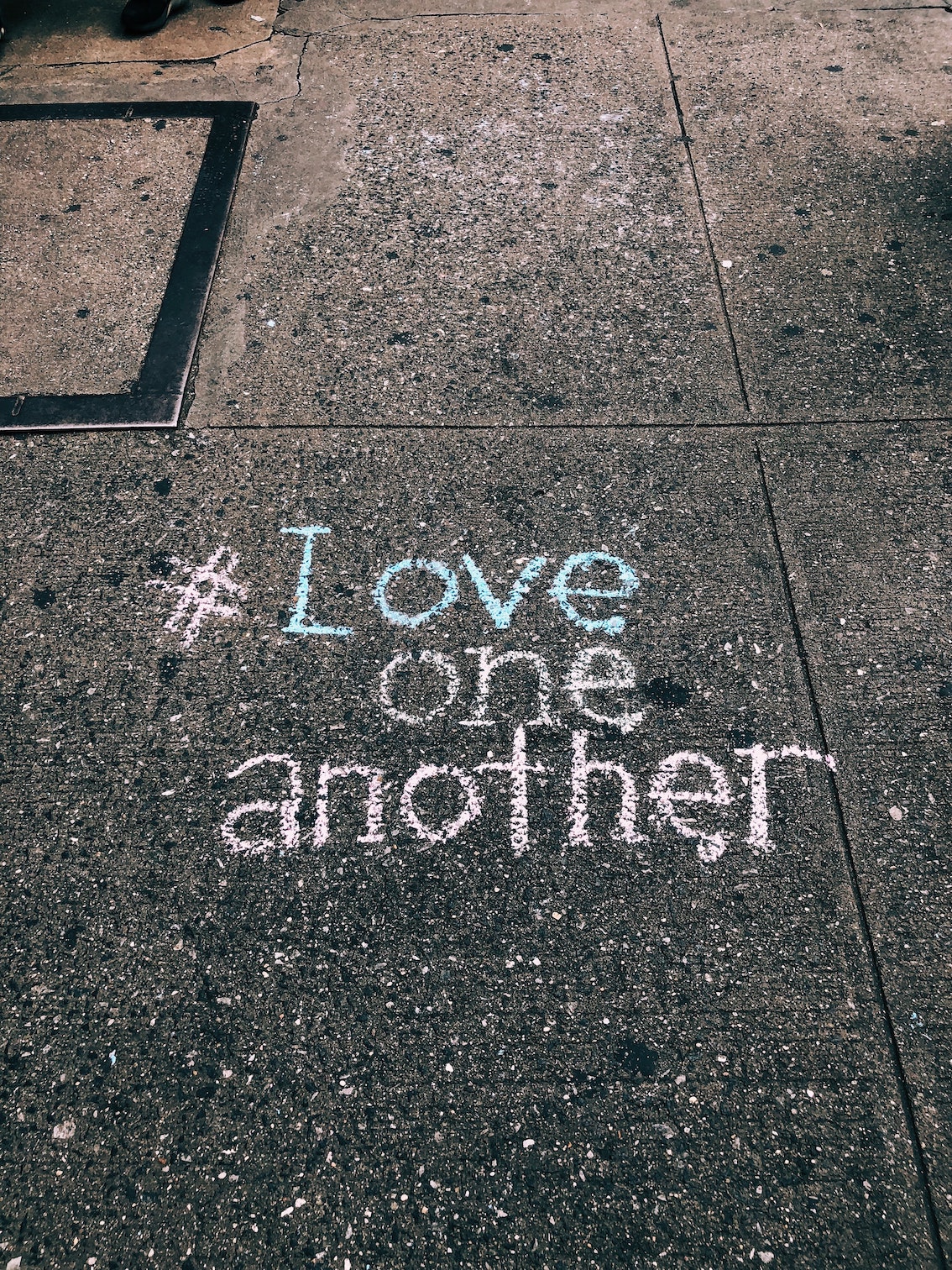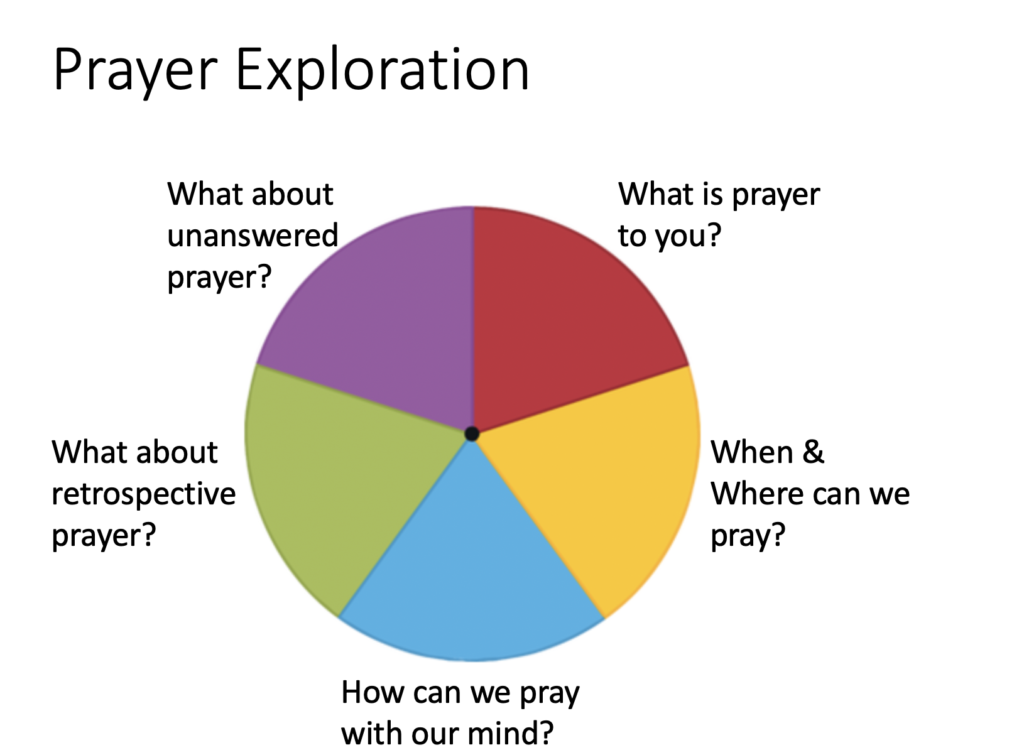
There are umpteen websites available to offer advice on how to say whether we have a lover or a friend. Human interaction is one of the most complex arenas, so many different ways to communicate so many messages – all possibly prone to misinterpretation. Who amongst those near to us can we call a friend or one whom we love?
When you are down and troubled, and you need some loving care…you just call out my name and you know wherever I am , I’ll come running, to see you again. You got a friend
Carole King
John’s Gospel : John 15:9-17
In recent weeks we have had Jesus as the Good Shepherd, not the hired hand; Jesus as the real vine; and now we have a detailed powerful passage about loving one another. “Love One Another” is the form of the Golden Rule, common to many if not all world religions: so what do we make of it here?
In the Bible we might read a lot of being a servant, one whom cares for another; however, from our history we also note of the hierarchy present. In our work perhaps, we have our Boss. There are firm boundaries which exist between employees: how much of our personal data can we legitimately share with our work colleagues, how close can we get to them as well, away from work. Here, Jesus commands us to ‘Love One Another’. So how can Jesus be a one we can call a friend or one whom we love?
Marriage – I do
In the Marriage ceremony I recall, just over 34 years ago last week, the declaration: I,_____, take thee, _____, to be my wedded Husband, to have and to hold from this day forward, for better for worse, for richer for poorer, in sickness and in health, to love, cherish, and to obey, till death us do part, according to God’s holy ordinance; and thereto I give thee my troth. Note this was by the wife only.
Historical
This resulted from the Roman rites of marriage that the woman was the chattel of their Father originally and then their husband. This propagated throughout the Middle Ages until near to the present day. In the Old Testament, in Genesis 3:16 it reads “thy desire shall be to thy husband, and he shall rule over thee.” Furthermore, in the New Testament we read: “Submit to one another out of reverence for Christ. Wives, submit yourselves to your own husbands as you do to the Lord. For the husband is the head of the wife as Christ is the head of the church, his body, of which he is the Savior. Now as the church submits to Christ, so also wives should submit to their husbands in everything.” Ephesians 5:21-24
If you needed a verse to prove something here they were – but we might wish to stand back and view the context, and the perspective before we make our firm conclusions. Is our partner one we can call a friend or one whom we love?
It was in 1928 that a proposal to the Book of Common Prayer of the Church of England made some headway to remove the ‘to obey’ clause. Still Queen Elizabeth II promised to obey the late Duke of Edinburgh at their marriage.
Domestic Abuse leads to further changes
In 2017 the Church of England produced a lengthy report entitled Responding Well to Domestic Abuse: Policy and Practice Guidance in which it stated “a promise to obey was in the past part of different standards or expectations of women and men within marriage, e.g. the fact that women had no standing in law until 1926. A mutuality expressed through the marriage which encourages partners to be themselves rather than sticking to gendered roles offers a better opportunity for both partners to grow and flourish in the relationship than does a differentiated model, in which one partner takes responsibility for the other’s growth, but not vice versa” (p.51).
The Methodist Church in Strathclyde also produced a service in support of victims of domestic abuse, looking to continue to support the work of White Ribbons.
Where are we going here?
Obedience may often be seen entwined with power, one over another – and sadly, possibly tragically, leading to violence. Jesus’ obedience isn’t about coercive relationships. It’s the opposite to those verses that some would infer homosexuality is wrong but which relate to coercive hostile relationships. Whether heterosexual, homosexual or asexual relationships, those that thrive are loving, supportive and positive.
Love is not about emptying power over another, but equally seeking for that relationship to flourish. It is constantly desiring for the other to excel. So when we speak of Jesus commanding or we need to obey, it is not as to demean our existence, but to have that opportunity to flourish. Back to John 10:10: to have life in all its abundance… or to live life to the fullest.
Just as part of the marriage ceremony..I would hope… there is no room for negotiation but one of equality. As with any friendship we would desire that it is composed of strong bonds, ones that continue to grow.
Atonement
We may recall the verse John 3:16 where God so loved the world, not just directed to humanity but the Cosmos. In our understanding of the Gospels we have developed understanding, especially in the 4th Century, that Jesus died for our sins, akin to a transactional exchange. These theories continued to develop and Substitutional Atonement became the accepted understanding post the 12th century. This, like marriage, mirrored the way society was then working. God’s love is one which Jesus’ death wasn’t a necessary death. That death was down to us, humanity’s response to the message of Jesus. God’s love abounds. It’s there, continually offered, awaiting us.
Relationship

This friendship, this love, is one where we may come close to God, look eye-to-eye, and ‘be’ with God. It isn’t one with hierarchy because God wants us to be in that intimate relationship. Notice that it is always God whom offers us to come closer. We can, especially in prayer, respond: speaking, listening – not merely giving God a list of things to do by 5pm. We have devised a series of explorations of prayer which the past posts can be found here.
So what are your thoughts about how God loves you now? And what do we think of God? One whom we can call a friend or one whom we love?
A comment received by email: “After my experiences the only true love of mine is God. No human can give me the love I need or indeed would like. Therefore I now put my love into who I love but expect nothing back I can only trust in God.”